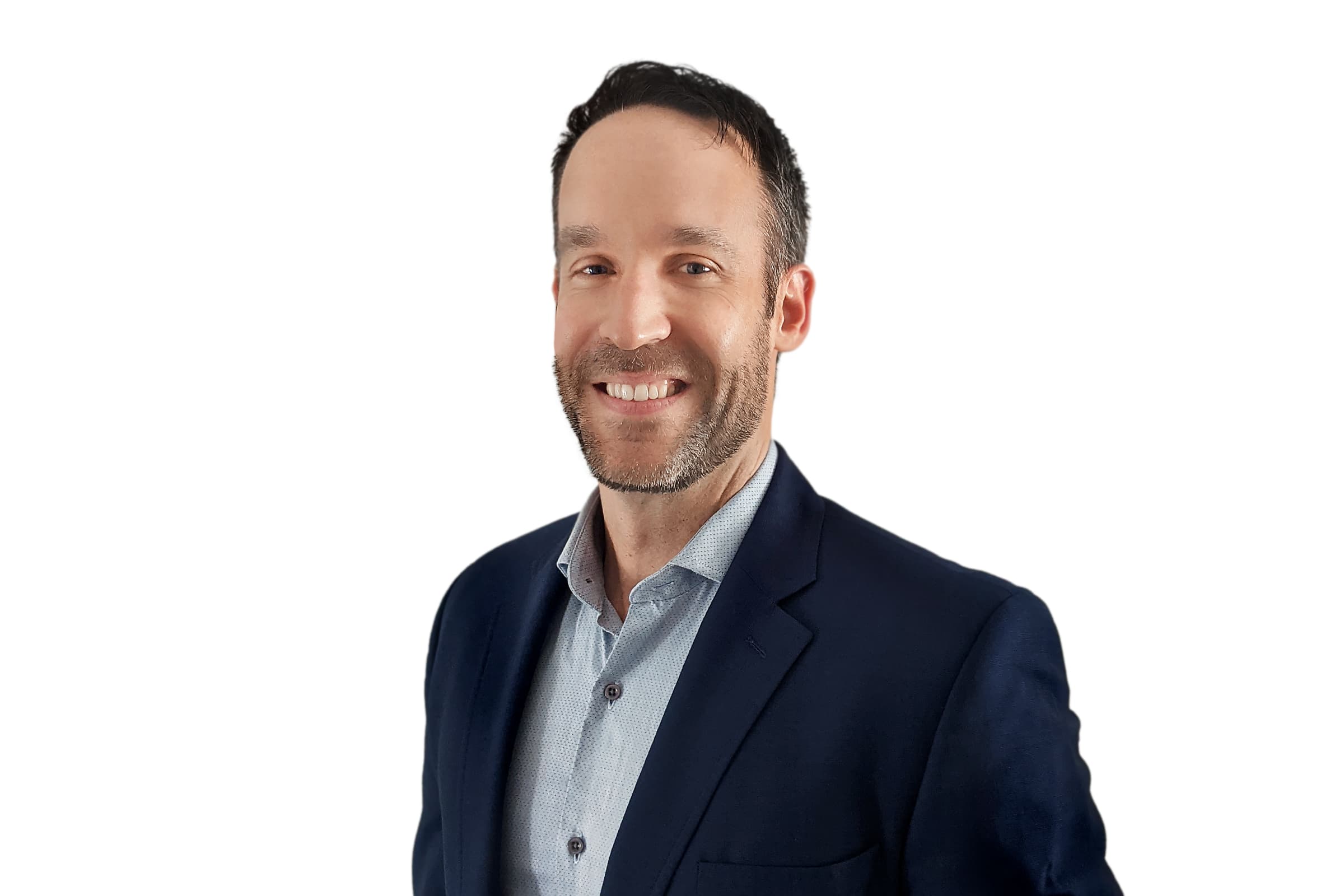The Nigerian town of Ogijo has more lead recycling factories than anywhere else in Africa. When we arrived, a sky the color of a tobacco stain hung over the town.
Factories belched smoke over neighborhoods. And not just from chimneys. The metal roofs had eroded, leaving holes for smoke to escape.
The government has never had a comprehensive lead-testing program here, even as residents complained of headaches, stomach pain and fatigue — common lead poisoning symptoms.
Lead screening is expensive and Nigeria already struggles to build hospitals and pay for programs like malaria treatment.
So we commissioned our own testing.
A New York Times and Examination investigation revealed that factories supplying recycled lead to the American auto industry have poisoned people here.
While we based our investigation in Nigeria, experts said what we found there was indicative of a health crisis playing out across the developing world as companies seek more lead for car batteries.
How did we test for lead?
The Examination contracted with a Nigerian nonprofit research group that experts said was best equipped to conduct such testing.
The group, Sustainable Research and Action for Environmental Development, or SRADev, had worked with the Nigerian government. So we knew officials considered its work credible.
Researchers hosted events in Ogijo to inform people about our project. Seventy people volunteered to have their blood tested. In June, nurses and doctors drew blood, singing “Baby Shark” to soothe nervous toddlers.
Old paint and pipes are common sources of lead poisoning. So SRADev distributed nasal filters to detect whether lead was in the air.
Scientists also tested a handful of volunteers who did not live near factories so they could compare the results.
The University of Ibadan, one of Nigeria’s premier universities, collected and analyzed soil samples near factories.
The regional health department approved the blood testing and sent a representative to oversee it.
“If this study was not done, we would just continue with the status quo,” said Dr. Olamide Agunbiade, a regional health official.
What did the results show?
Seven in 10 people had harmful levels of lead in their blood, recognized by the World Health Organization as five micrograms per deciliter or above.
While five is the international standard, no amount of lead is safe.
Eight of 14 children had harmful blood-lead levels as high as 28.5 micrograms per deciliter. Every factory worker was poisoned.
Soil tests showed high levels of lead at farms, a playground and elsewhere.
Volunteers who did not live near factories had practically no lead in their blood.
After analyzing the samples, SRADev’s scientists concluded that residents’ high blood-lead levels came “specifically from environmental and occupational exposure pathways” linked to battery recyclers, “not from background exposure.”
In October, they gave people their results.
Nobody required urgent treatment. (In emergencies, doctors can use drugs to extract lead from the blood.) Doctors distributed calcium tablets and vitamins and told people to clean surfaces and keep children away from the factories.
Doctors encouraged people to move if they could afford it. Most said they couldn’t.
We traced the lead to American companies.
We stood in a Lagos yard as workers hacked open batteries with machetes. We toured a factory where lead was melted down. Workers provided video from inside another.
Exactly who buys recycled lead from Nigeria is not made public. So we wrote down numbers of shipping containers outside factories and tracked them using international carriers’ websites. We also reviewed U.S. Census trade data and customs records through services including Import Genius, Panjiva and Volza, relying on the global product code for recycled lead.
Most African recycled lead comes to the U.S. via the Port of Baltimore. Some exports of recycled lead from Nigeria were hard to trace. We tracked them to a battery manufacturer in South Korea. From there, we tracked shipments of batteries to Tesla and General Motors factories in California, New York and Texas.
Metals traders and trucking and logistics companies told us that much of the lead arriving in America was hauled from Baltimore to Pennsylvania. Inspection records and a few crash reports from the U.S. Department of Transportation confirmed connections between trucking companies, the trading company Trafigura, and the Pennsylvania battery maker East Penn Manufacturing.
East Penn, we found, was using Nigerian lead.
A Trafigura spokesperson, Neil Hume, said the company followed all regulations and worked with the Nigerian government and outside experts to assess its lead suppliers.
East Penn is just one buyer. Nigeria is just one supplier. But when East Penn saw our findings, it said it would stop importing Nigerian lead, which it said made up less than 5% of its supply. The company now applies extra scrutiny to its lead purchases, said Chris Pruitt, the company’s executive chairman.
“We have learned some things and are making necessary changes,” Pruitt said in an interview. “We have the humility to course-correct if something is not right.”
Romina Colman contributed reporting.
This story is part of a project reported in partnership with The Examination, The New York Times, Premium Times, ClassFM Online, Pambazuko and Truth Reporting Post.
The partners for this project have been updated.

